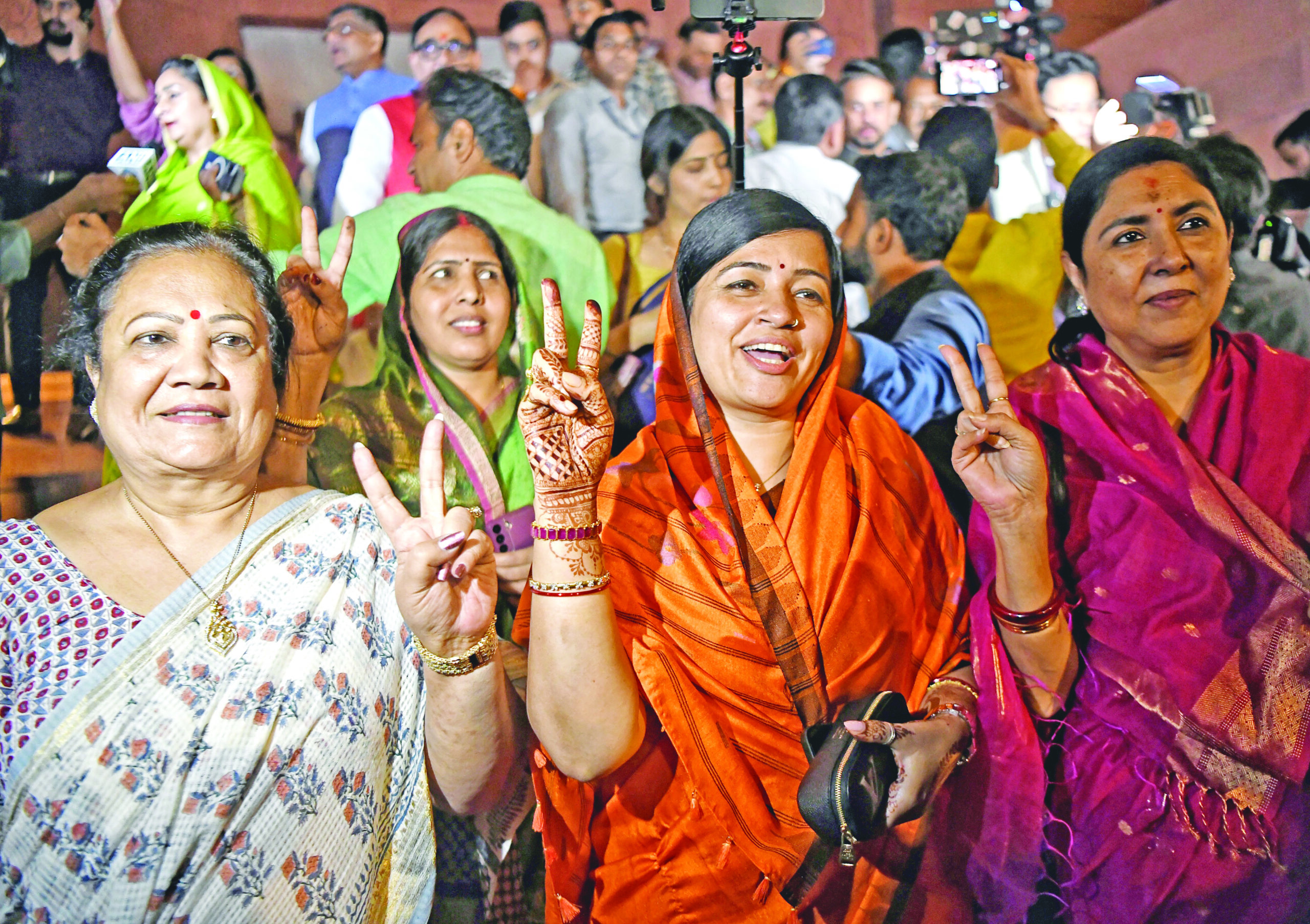
In a historic development, the Women’s Reservation Bill, Nari Shakti Vandan Adhiniyam, was passed on Wednesday in the Lok Sabha by 454 votes in favour and two against it. As it was a constitutional amendment, the division of votes was done manually by signing colour chits.
The Nari Shakti Vandan Adhiniyam will grant 33% seats to women in the Lower House of Parliament as well as state legislative assemblies. Implementation of the proposed law can, however, take several more years—a fact that was vehemently underscored by Opposition leaders.
“The proposal has been passed with more than a two-thirds majority of the members present in the house,” Speaker Om Birla announced after the voting. 454 MPs voted in favour of the bill, while two MPs voted against it. The bill will now have to be approved by the Parliament’s upper house and at least half of India’s state assemblies before being promulgated into a law.
Six attempts to pass the bill have been thwarted since it was first introduced in 1996, at times with vehement resistance from lawmakers. Currently, India has a mere 104 women MPs (out of nearly 800) as per official figures.
The quota will only take effect once India conducts the 2021 census–postponed indefinitely amid the Covid-19 pandemic. Irate Opposition leaders have suggested that the Bill is an election “jumla” intended to “gets the headlines today”. Lawmakers have also flagged the lack of reservation for OBCs or the Muslim community.
“Some people on social media are saying that this bill should not be supported as there is no reservation of OBC, Muslims. If you don’t support this bill, will reservation happen sooner? If you support this bill, then will at least be guarantee…” Home Minister Amit Shah told the Lok Sabha.
No timeframe has been given for the census and delimitation exercise—and in turn for the start of women’s reservation. “Census and delimitation exercises will be conducted soon after the elections, and women will have a greater voice in the Parliament,” Shah informed the Lok Sabha on Wednesday.
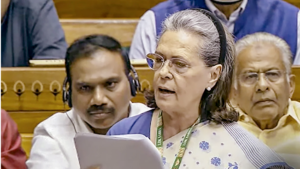 “I stand here in support of the Nari Shakti Vandan Adhiniyam. From smoke-filled kitchens to flood-lit stadiums, the Indian woman’s journey has been a long one…” — Sonia Gandhi
“I stand here in support of the Nari Shakti Vandan Adhiniyam. From smoke-filled kitchens to flood-lit stadiums, the Indian woman’s journey has been a long one…” — Sonia Gandhi
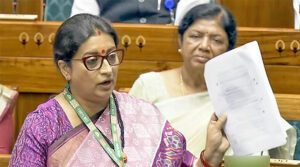
Success has many fathers, failure has none: Smriti Irani
NEW DELHI: Union Minister Smriti Irani took a jibe at the Congress and criticised everyone for taking credit for the bill. “They say success has many fathers and failure has none. So, when the bill came, some people called it ‘our bill’, some people said they wrote letters on it, and some said they set the entire constitutional framework,” Smriti Irani said while participating in the debate on the Bill in the Lok Sabha. She also targeted Sonia Gandhi for taking credit of the bill. She said, “When this bill was brought, some people said that it was ‘our bill’. A respected leader (Sonia Gandhi) made her speech in the House, but I am especially thankful to her.”
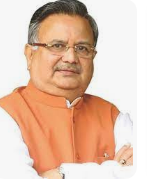 Women’s bill a milestone in India’s parliamentary history: Raman Singh
Women’s bill a milestone in India’s parliamentary history: Raman Singh
Chhattisgarh’s former Chief Minister and BJP national vice-president Raman Singh on Wednesday termed the Narendra Modi government’s introduction of the Women’s Reservation Bill in the Lok Sabha as one of the milestones in India’s Parliamentary history. He also said the decision to give a reservation for women in the Lok Sabha and state Assemblies will also help in the overall development of our country. “The introduction of the Women’s Reservation Bill in the Lok Sabha has become one of the milestones in the parliamentary history of our country. This will also help in the overall development of our country. A consensus has been reached on this (Women’s Reservation Bill),” Singh said.
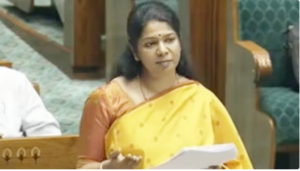 Women want to be respected as equals, not put on pedestal: Kanimozhi
Women want to be respected as equals, not put on pedestal: Kanimozhi
In a concise and defiant speech, the DMK’s Kanimozhi, who was heckled as she rose to speak, demanded the government (and society) stop “saluting… worshipping” women and allow them to “walk as equals”. “We don’t want to be called mother, sister or wife. We want to be respected as equals,” she said. Kanimozhi asked the government if it had consulted all relevant stakeholders, as she had been told it would do. “I would like to know what consensus was built… what discussions were held. This bill was brought shrouded in secrecy…” “We have the right… this country belongs to us. Parliament belongs to us…” she thundered.















